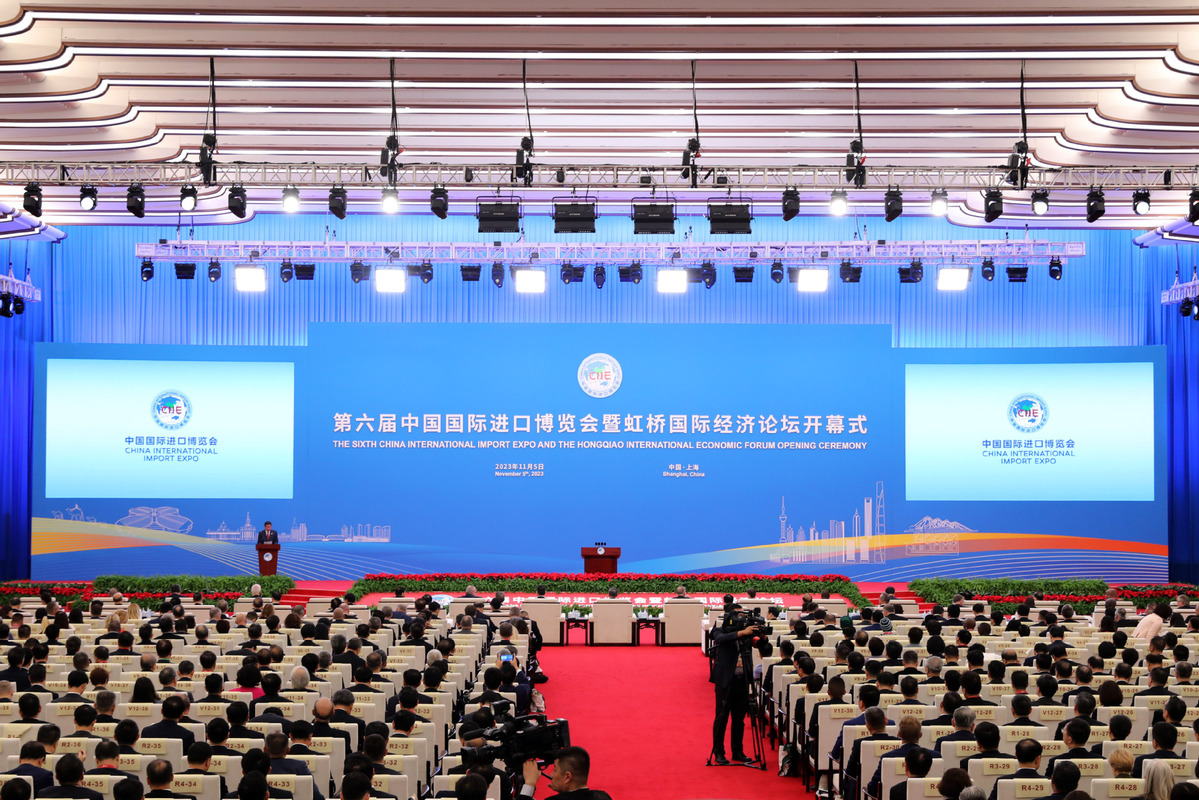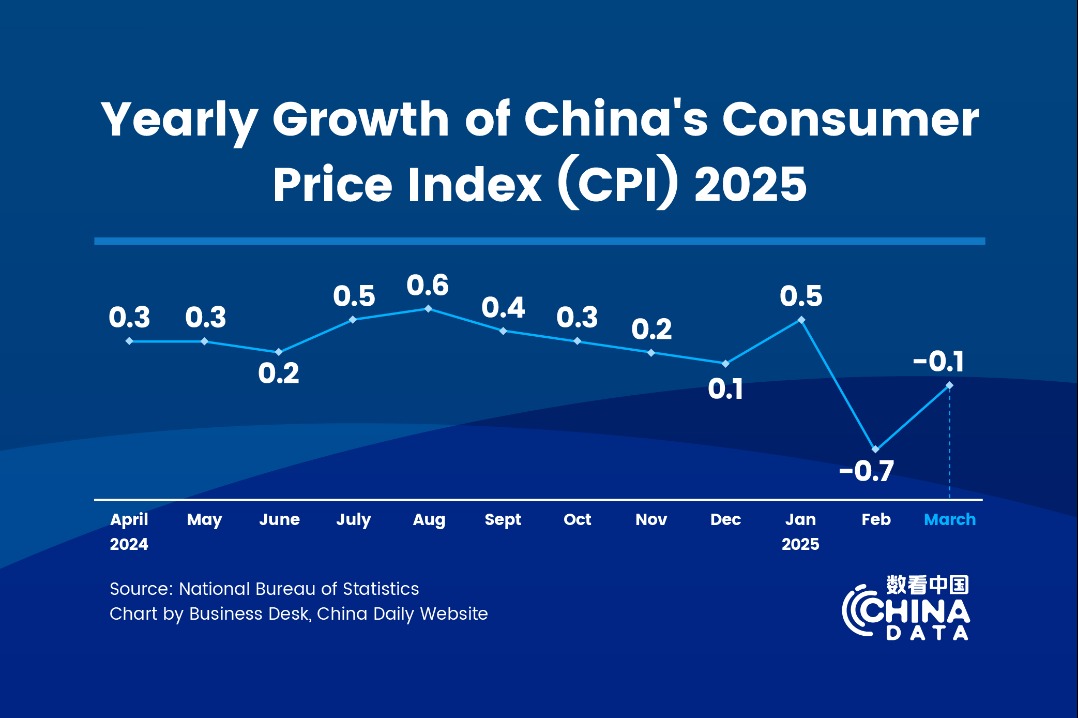US, China competitive policies could lead to enormous waste


Competitive industrial policies in both the United States and China could lead to enormous waste and inefficiencies, and it is important that such policies won't unduly harm the collective innovation capabilities of the two economies, said Craig Allen, president of the US-China Business Council, on Sunday.
"Innovative capabilities and large domestic markets of both US and China offer a great potential for bilateral cooperation, especially in science, public health, and the green technology sector," he said at a forum, which, Xin Guobin, vice-minister of industry and information technology, also attended.
Allen noted that the US is home to many of the companies that lead global innovation and technology development while China has seen dramatic growth since its reform and opening-up and enabled world-class innovations.
"Collaboration at the company level could provide the types of new technology that we need to address daunting challenges of climate change, public health, and feeding a hungry world," he emphasized.
Allen made the remarks at a session of the Hongqiao International Economic Forum during the sixth China International Import Expo in Shanghai on Sunday.
The subforum was initiated by authorities and organizations including the Ministry of Industry and Information Technology and the Chinese Institute of Electronics.
Allen said that the council remains concerned about the potential unintended consequences of industrial policy contributing to inefficiencies and overcapacity in multiple industries in both the US and China.
"If unchecked, competitive industrial policies in both the US and China could lead to enormous waste and inefficiencies," he added.
Therefore, he vowed the governments of both countries to have a pragmatic approach and keep the channels for commercial tech and technological engagement as wide as possible to better foster future innovation and to create the most efficient global innovation ecosystem.
"US companies remain invested in China as a key part of their global strategy, and access to global markets is critical for them to sustain high levels of investment in research and development and capital expenditures," he said.
He noted that the US and Chinese governments are both focused on the resilience of their supply chains and economic security.
"The answer cannot be protectionism or the wholesale decoupling of our economies. But many companies will choose to pursue policies of derisking and diversification," he said.




































